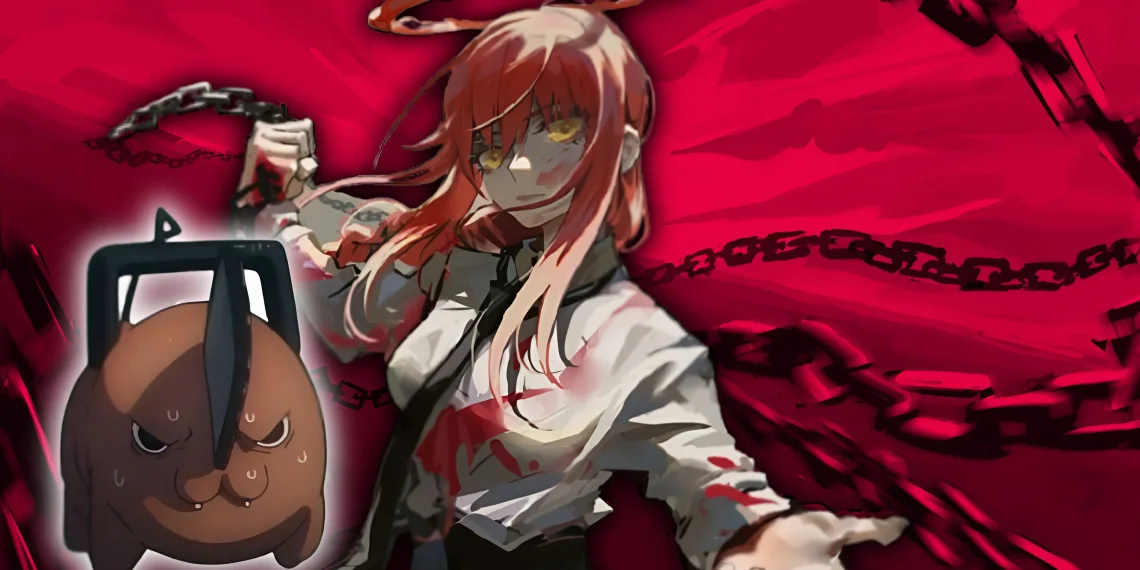The release of Chainsaw Man chapter 183 was one of the most highly anticipated events among fans, especially after chapter 182 ended with a hint of potential flashbacks involving two beloved characters, Aki and Power.
Since Denji’s journey has been marked by countless painful experiences and cherished friendships, this teased flashback sparked excitement about what it could reveal.
As fans waited to see these poignant memories unfold, many were also eager to learn more about Denji’s inner struggles, his evolving understanding of past traumas, and his complicated connection with Pochita, the Chainsaw Devil itself.
However, as readers opened the pages of chapter 183, the narrative took a different direction.
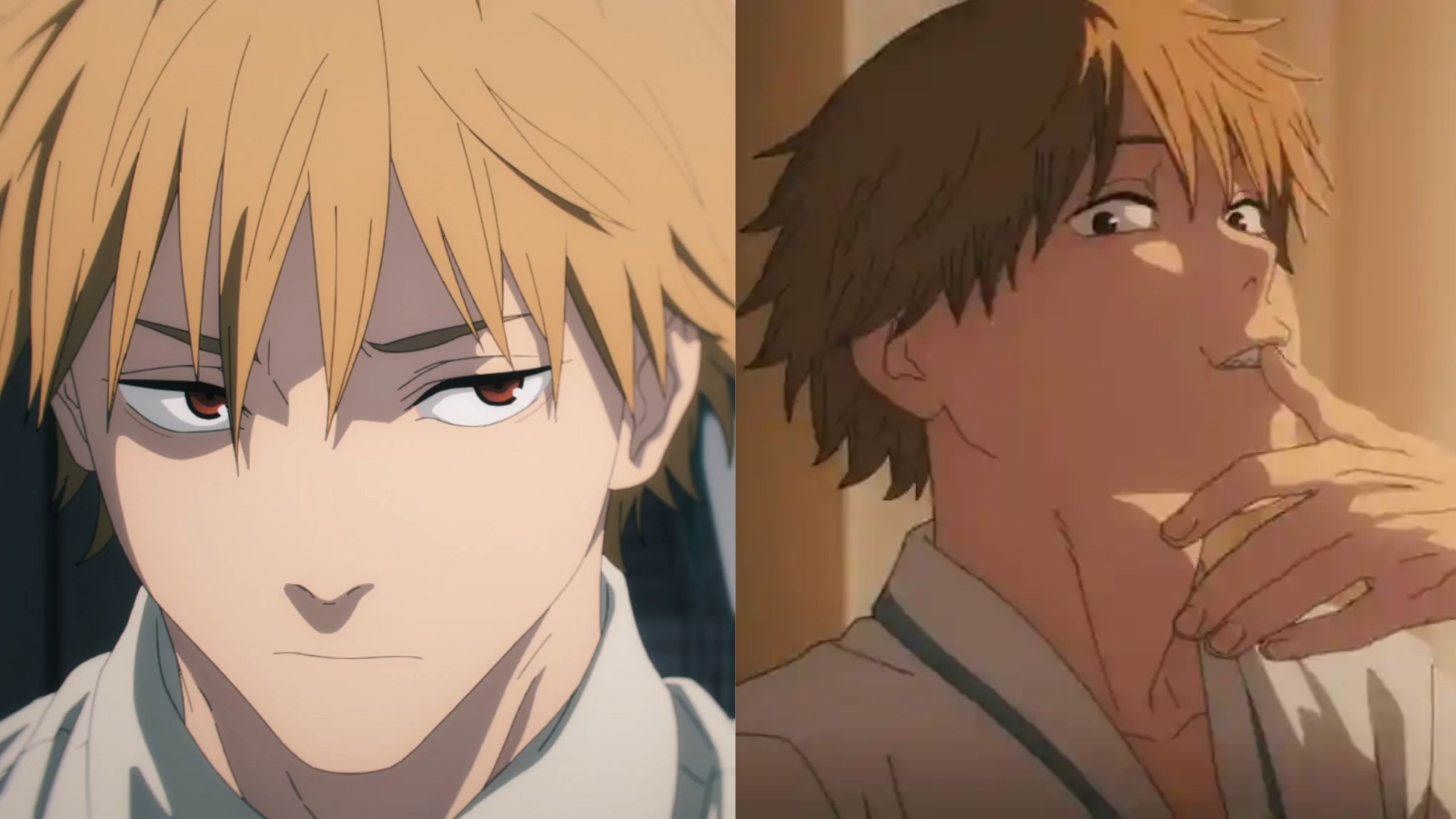
Instead of focusing on memories of Aki and Power in the way fans might have expected, this chapter peeled back layers of Denji’s psyche to reveal a surprising revelation.
What was once a high-stakes, emotional battle against Makima has gained new layers of meaning, changing how fans might interpret that iconic clash between Pochita and the Control Devil.
This new understanding not only deepens the character relationships in Chainsaw Man but also reinforces the thematic underpinnings of the series itself.
In a nutshell, chapter 183 offered fans a fresh look at why Pochita, a powerful devil with the ability to erase other devils from existence, chose to engage in a battle against Makima, whose own ideals revolved around domination and control.
Through Denji’s reflections, this encounter between Pochita and Makima has taken on new philosophical depth, highlighting contrasting beliefs about memories, growth, and the value of hardship.
Revisiting the Original Purpose of the Pochita vs Makima Fight
Before jumping into the revelations of chapter 183, it’s worth revisiting the context of the original battle between Pochita and Makima.
This encounter, which spans from chapter 93 of Chainsaw Man, wasn’t just a fight between two devils but a clash of two ideologies.
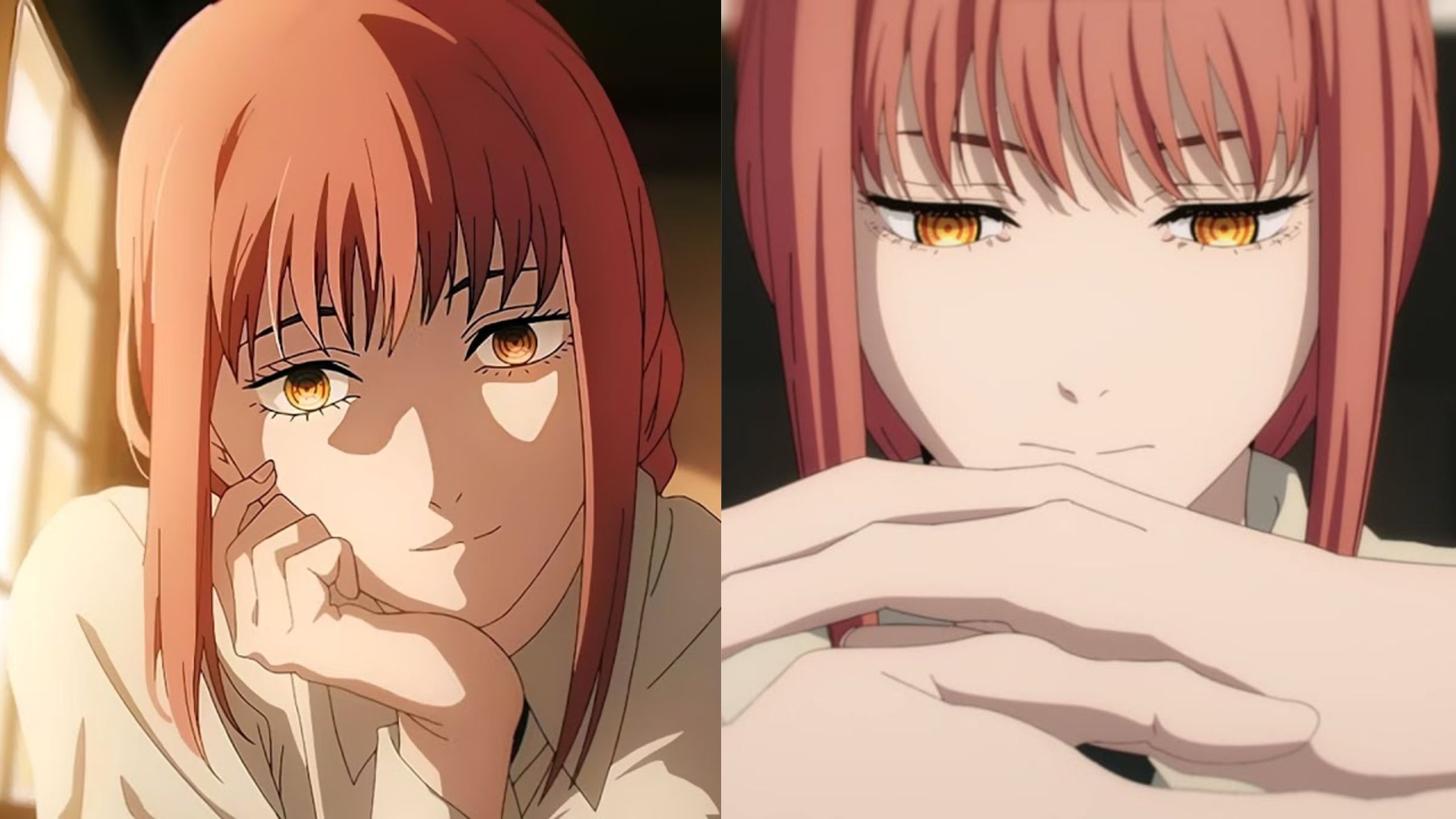
At the time, Denji found himself in a tense emotional state. His feelings for Makima were complicated and ran deeper than simple admiration.
Despite being aware of the darkness that Makima represented, he still felt drawn to her, symbolizing his youthful longing for someone who seemed powerful, invincible, and in control.
Yet, as Denji learned more about Makima’s plans and her intentions to control Pochita, his stance shifted.
Makima’s goals, though presented under the guise of creating a “perfect” world, were actually rooted in a desire to erase anything that she considered unpleasant or flawed.
She believed that by using Pochita’s unique ability to erase devils from existence, she could eliminate all negative elements from reality, thereby creating a world where fear, suffering, and imperfection would no longer exist.
This mission, however, was at odds with the very nature of life and growth. The desire to erase imperfections and negative emotions disregards the intrinsic value of struggles and hardships in shaping individuals.
In contrast, Pochita, despite having the power to erase other devils, seemed to carry a different set of beliefs.
Pochita understood that life’s beauty and complexity are woven together from both joyful and painful experiences.
This worldview, while subtle, became a defining factor in his clash with Makima, symbolizing a fight not only to protect Denji but also to uphold the idea that pain and memories, even the difficult ones, are essential parts of existence.
Denji’s Revelation in Chapter 183: A Shift in Perspective
In Chainsaw Man chapter 183, Denji’s experiences and memories take center stage in a way that sheds new light on this central battle between Pochita and Makima.
CSM chapter 183
Denji is going to get himself and Asa out this weird place pic.twitter.com/OuMNWYKuEB
— 1cy 🧊 (@1cy_IC) November 12, 2024
The chapter begins with a vivid and somewhat grotesque moment where Denji throws up the head of the Bitterness Devil.
Initially, this act seems odd and somewhat unrelated to the larger story. However, as Denji processes this event, he begins to experience a series of flashbacks tied to people who were once incredibly important to him.
The flashbacks appear to be triggered by specific devils, each of which holds symbolic significance for Denji.
The Snow Devil, for instance, brings to mind the trip Denji took with Aki and Power to Hokkaido, a place where they shared rare moments of happiness and camaraderie.
On the other hand, the Bitterness Devil pulls Denji back to memories of Reze, specifically a moment where they drank bitter coffee together.
These memories are not merely fragments of the past they serve as reminders of the deep emotional pain that Denji felt after losing these people. Each memory is tinged with the bitter truth of loss and the inevitable separation from those he cared about.
But as these memories surface, Denji begins to sense something unusual. He experiences a vision of Pochita, during which he realizes that Pochita didn’t consume these devils to make him forget.
Quite the opposite, Pochita’s actions were intended to prompt Denji to remember. Denji’s vision leads him to understand that these devils were consumed and then thrown up not to erase painful memories but to reinforce them.
By re-experiencing these moments, Denji is reminded of the love he shared, the grief he endured, and the importance of holding onto memories, even if they bring pain.
This realization fundamentally shifts Denji’s perspective, helping him see that Pochita’s role was not only to protect him but also to teach him about the importance of accepting life’s hardships.
How Chapter 183 Changes the Meaning of Pochita vs Makima
With Denji’s newfound understanding, the Pochita vs Makima battle can now be seen in a different light.
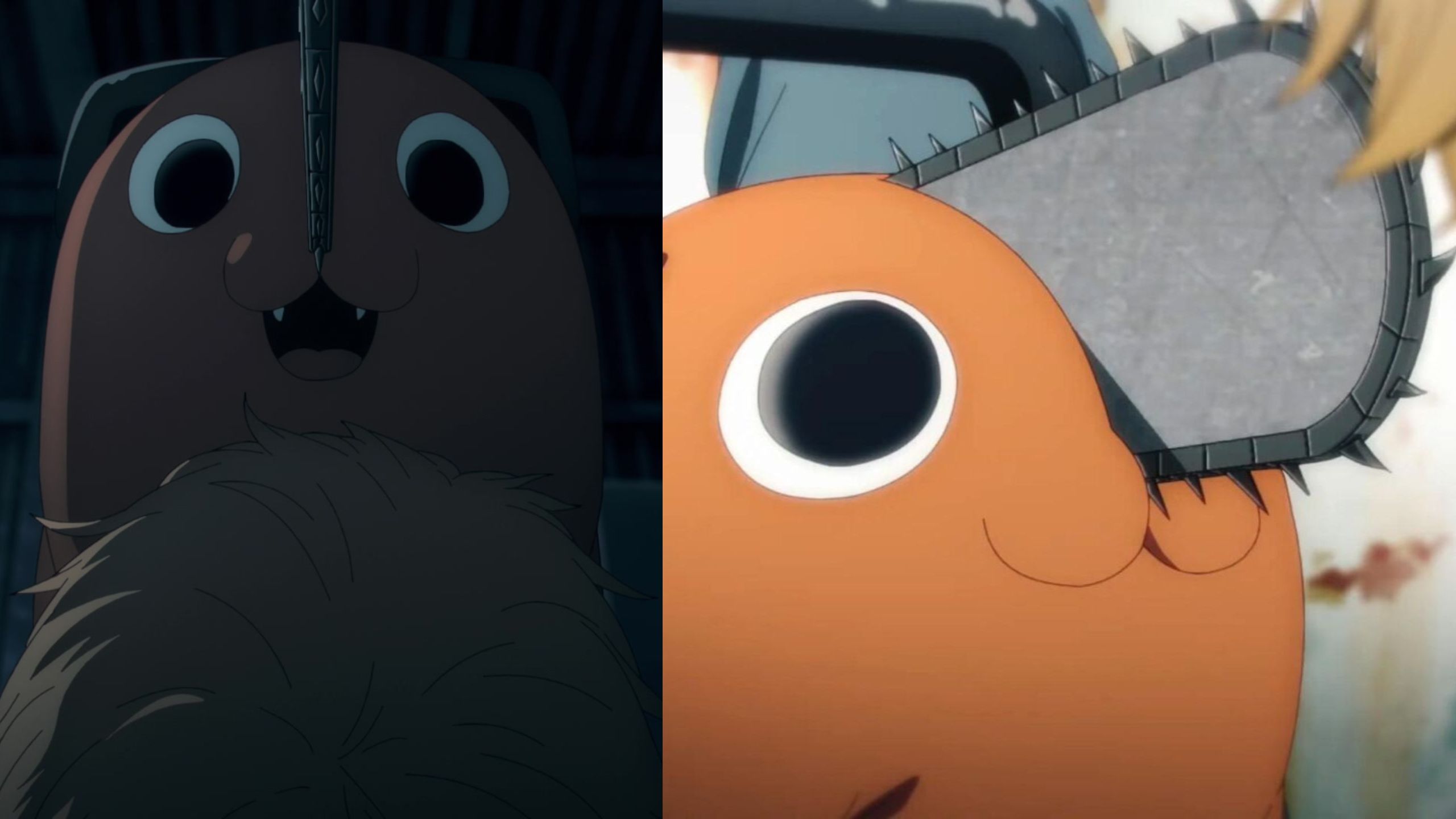
Previously, it appeared as though Pochita was simply fighting to prevent Makima from achieving her goal of total control.
But chapter 183 redefines this conflict as something more than just a power struggle; it’s a philosophical confrontation between two opposing views on life and the nature of existence itself.
Makima’s motivation for controlling Pochita stemmed from her desire to shape the world according to her vision.
Her obsession with erasing devils was based on the idea that by eliminating the source of people’s fear and suffering, she could create a world free of conflict.
In her eyes, devils represented everything negative in the world, and by erasing them, she could bring about a version of reality that was free of pain and imperfections.
However, Pochita’s decision to resist Makima wasn’t only about self-preservation or the protection of Denji. It was an act of defiance against an ideology that dismissed the value of hardship and growth.
For Pochita, pain and struggle are not enemies to be vanquished but are part of what makes life meaningful.
His actions in the fight with Makima underscored his belief that even unpleasant memories have value. They are reminders of past relationships, personal growth, and the journey of life itself.
Denji’s vision in chapter 183 reinforces this point. By prompting Denji to remember those he’s lost and the pain he’s endured, Pochita emphasizes that these memories, while painful, contribute to who Denji is.
They are part of the foundation of his resilience and character. The Pochita vs Makima battle, in this sense, wasn’t just about stopping Makima’s plans; it was a battle to defend the principle that personal growth is forged in the fires of adversity.
The Symbolism of the Snow and Bitterness Devils in Denji’s Flashbacks
The appearance of the Snow and Bitterness Devils in chapter 183 plays a pivotal role in conveying this new understanding of Pochita and his beliefs.
Both devils are tied to memories of significant people in Denji’s life Aki, Power, and Reze.
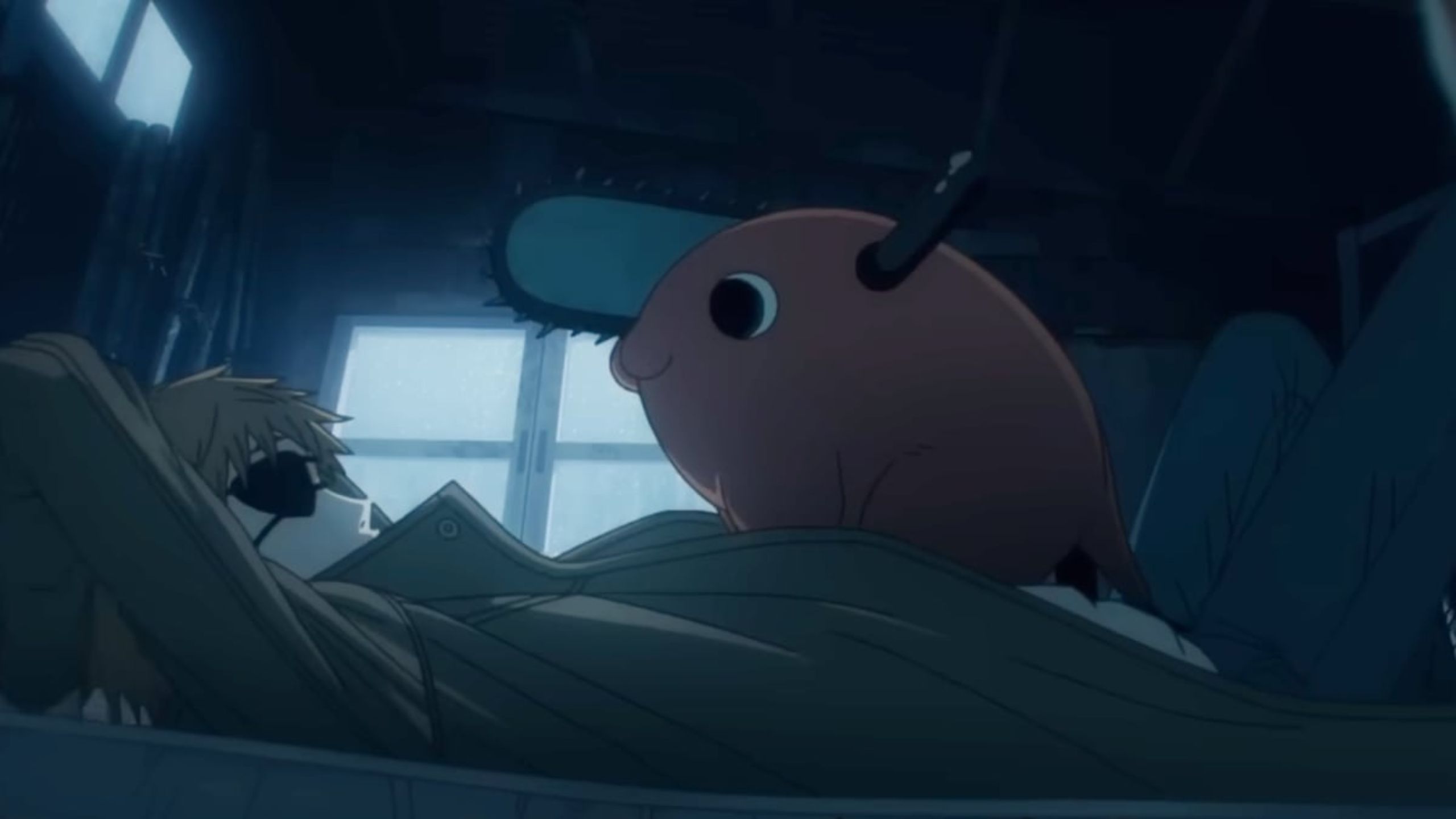
These characters represent different kinds of relationships and different shades of loss, but they all share a common thread of emotional significance for Denji.
The Snow Devil, for instance, brings back memories of the trip to Hokkaido that Denji shared with Aki and Power.
This trip was a rare moment of happiness, a break from the chaos of devil-hunting and a chance for Denji to experience a sense of family and friendship.
The Snow Devil, therefore, symbolizes both the beauty and fragility of these connections.
It reminds Denji of what he had, even though it was fleeting, and the warmth of that memory is coupled with the cold reality that Aki and Power are no longer with him.
The Bitterness Devil, on the other hand, brings Denji back to a different kind of relationship that with Reze.
Their connection was brief yet impactful, marked by an underlying bitterness, much like the coffee they shared. Reze was someone Denji cared for but ultimately couldn’t keep in his life.
The bitterness of their relationship serves as a metaphor for unfulfilled longing and the sense of incompleteness that Denji feels when he thinks about her.
Through these flashbacks, Denji is confronted with the fact that his life has been filled with losses, some of which were incredibly painful.
Yet, these memories are not presented as things to be forgotten or discarded. Rather, they are valuable pieces of Denji’s past that contribute to his understanding of himself and his journey.
By prompting these memories, Pochita reinforces the idea that even painful experiences are worth holding onto, as they shape who we are.
Pochita’s Role as a Guide and Protector in Denji’s Life
One of the most striking aspects of chapter 183 is how it reframes Pochita’s role in Denji’s life. For much of the series, Pochita has been seen
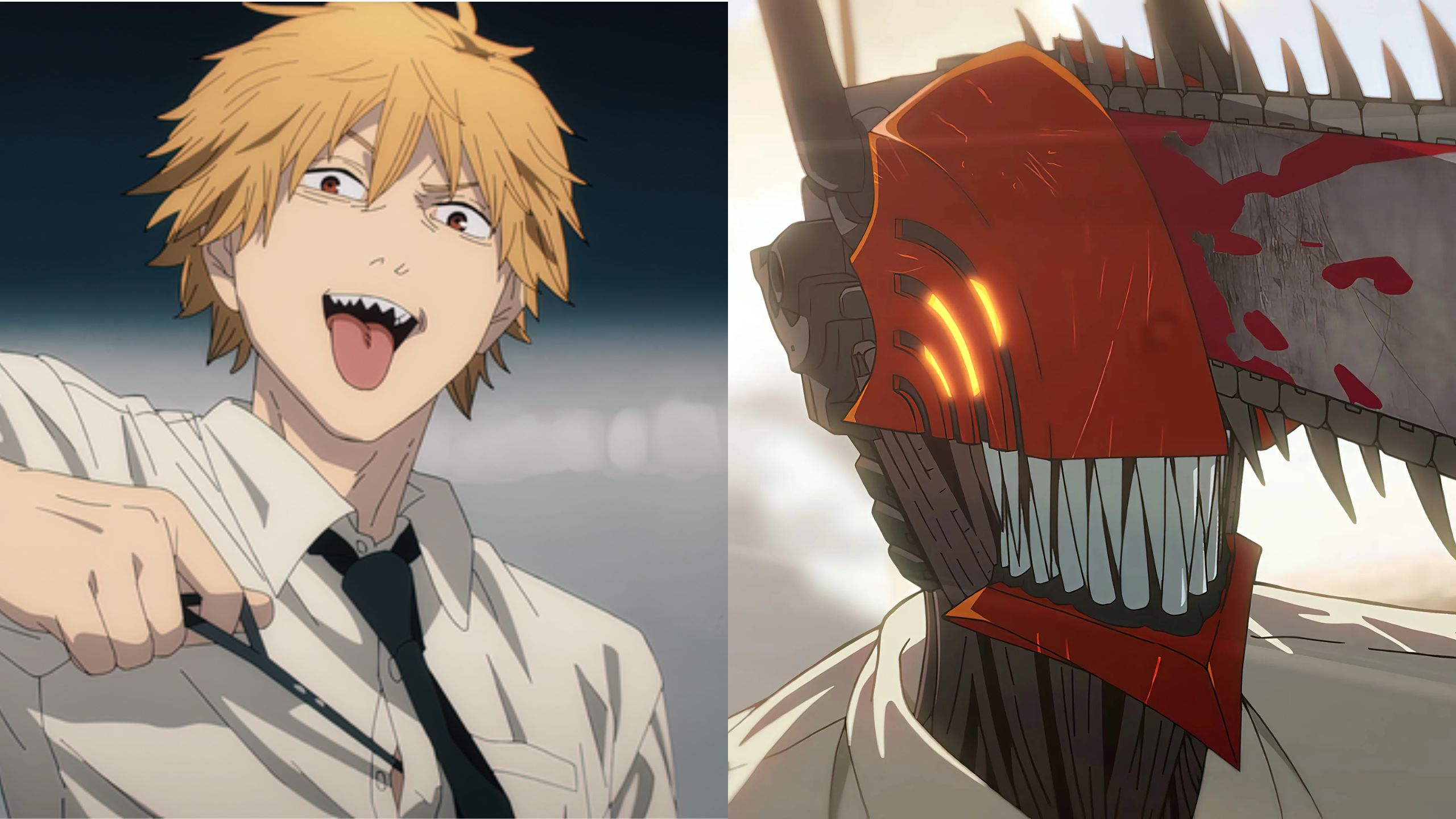
primarily as Denji’s ally and protector, a powerful devil who has helped Denji survive and fight against other devils.
However, chapter 183 reveals that Pochita’s influence goes beyond mere protection. Through his actions, Pochita serves as a guide, teaching Denji important lessons about life, resilience, and the value of memories.
Pochita’s decision to throw up devils tied to Denji’s memories can be seen as an intentional act of teaching.
By forcing Denji to confront these memories, Pochita is helping him come to terms with his past and recognize the importance of his experiences.
This act underscores Pochita’s belief that life’s struggles and hardships are not things to be erased or forgotten. Instead, they are essential components of personal growth and self-discovery.
In this way, Pochita’s relationship with Denji becomes more than just a partnership. It’s a mentorship of sorts, with Pochita imparting wisdom through actions rather than words.
By encouraging Denji to remember rather than forget, Pochita reinforces the idea that life’s value lies in its complexity and its mix of joy and sorrow.
This perspective stands in stark contrast to Makima’s desire to erase all negativity and create a “perfect” world.
Makima’s Vision vs. Pochita’s Philosophy: The Heart of Chainsaw Man
The ideological clash between Makima and Pochita lies at the heart of Chainsaw Man’s narrative.
Makima’s vision of a perfect world, free from fear, pain, and imperfections, represents an extreme form of control and domination.
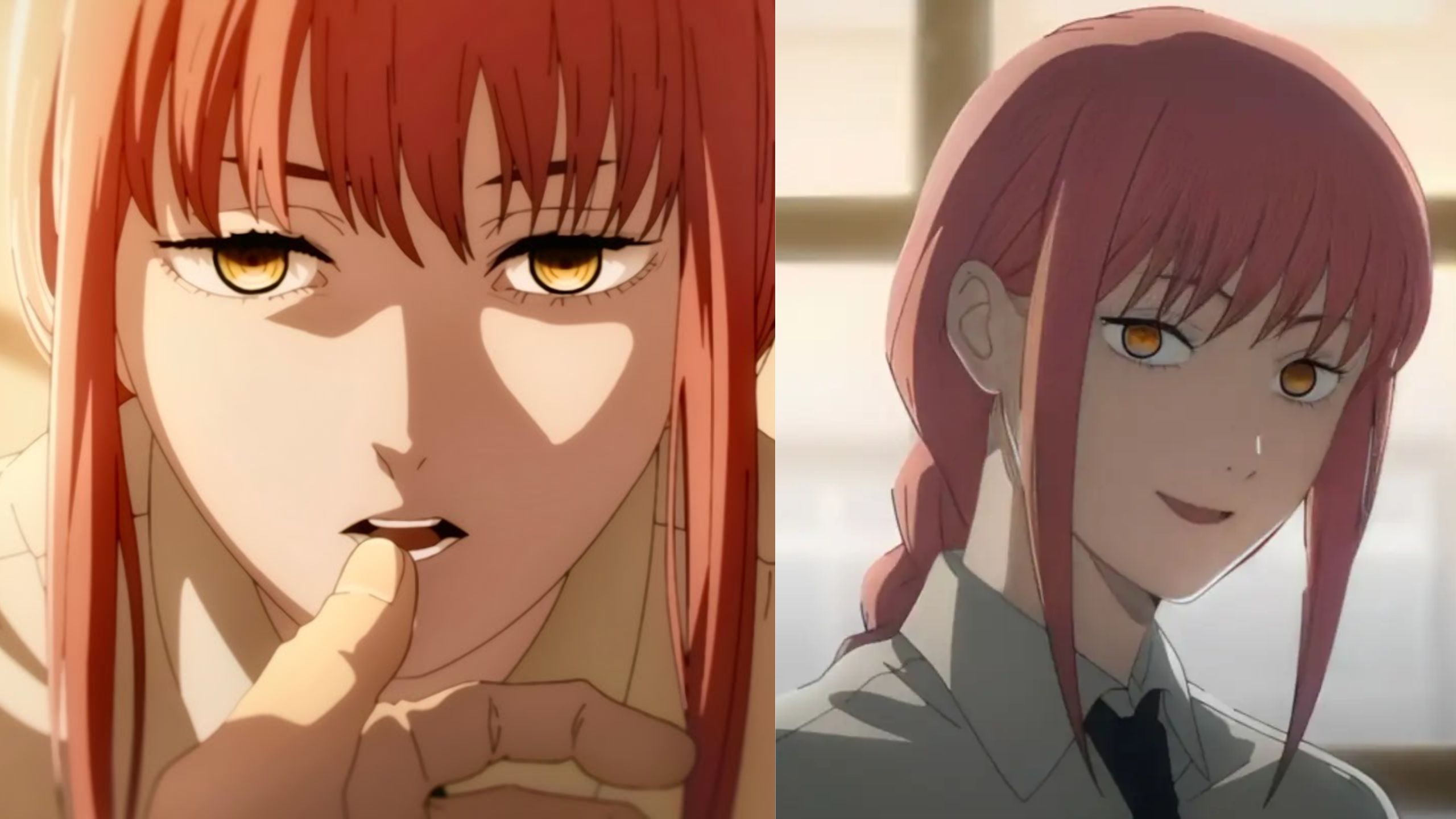
Her desire to erase devils and reshape reality according to her ideals highlights her fundamental rejection of life’s natural complexity.
To Makima, anything that causes suffering or discomfort is something to be eliminated.
Pochita, on the other hand, embodies a philosophy that accepts life’s messiness and embraces the beauty of imperfection.
His choice to resist Makima’s control and his encouragement of Denji to hold onto painful memories reflect a worldview that values growth through adversity.
Pochita’s actions suggest that life’s struggles and challenges are not things to be feared or erased. Instead, they are integral to the human experience, adding depth and meaning to existence.
This ideological battle between Makima and Pochita resonates with themes that are central to Chainsaw Man as a whole.
The series explores the complexity of human emotions, the pain of loss, and the resilience required to move forward in the face of hardship.
Through Denji’s journey, readers are reminded that life is not meant to be perfect or free of suffering. Rather, it is the sum of both good and bad experiences that make life meaningful.
Lasting Impact of Chapter 183 on Chainsaw Man’s Themes
Chainsaw Man chapter 183 adds a new layer of depth to the series, particularly in how it reframes the Pochita vs Makima battle as a clash of ideologies.
This chapter emphasizes the importance of memories, even painful ones, in shaping who we are and helping us grow.
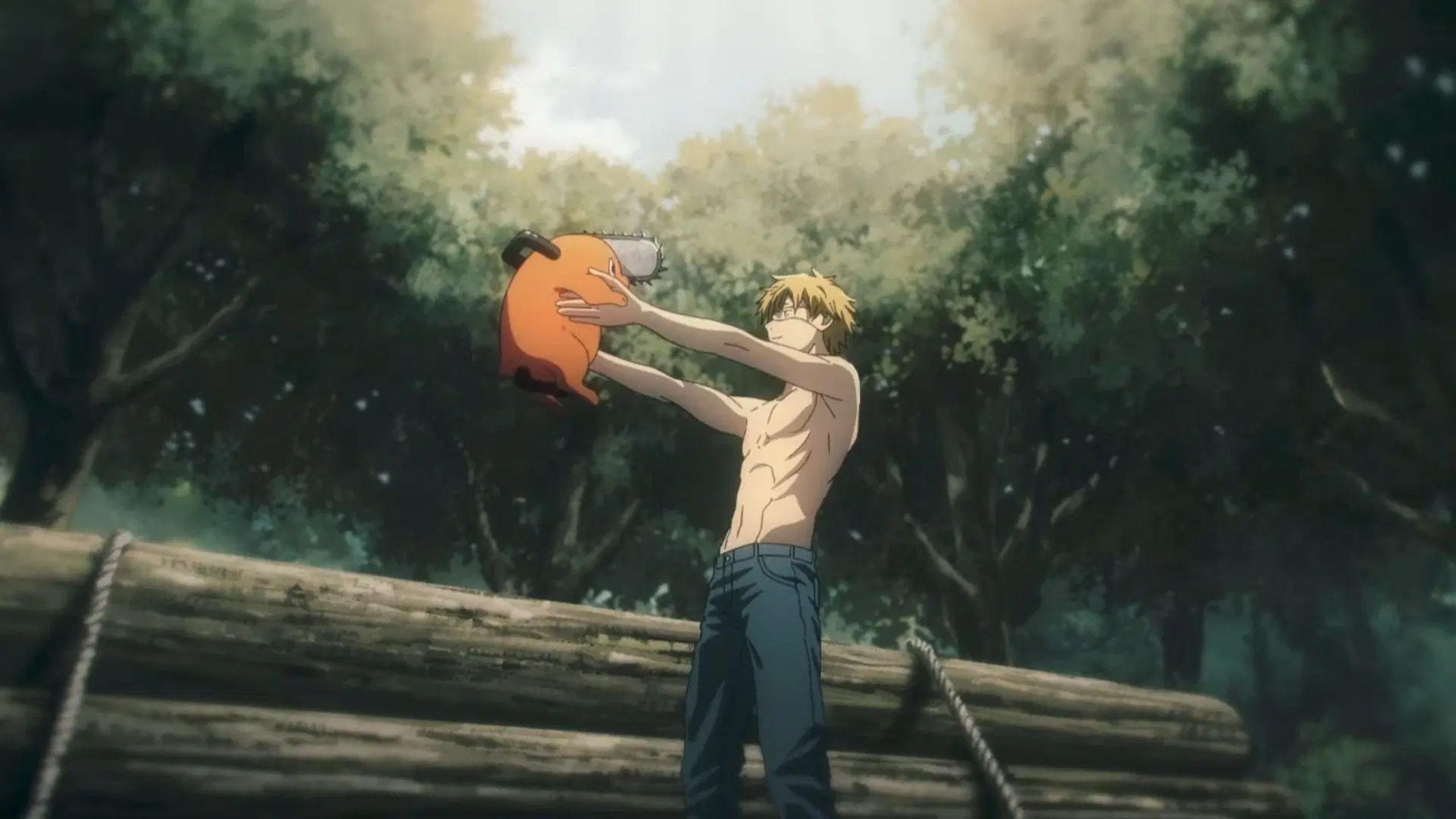
It reinforces the idea that life’s struggles are not things to be erased but are essential parts of the journey.
Through Denji’s flashbacks and his realization of Pochita’s intentions, chapter 183 drives home the message that pain, loss, and hardship have value.
These experiences are not just obstacles to be overcome but are integral to the process of self-discovery and growth.
Pochita’s philosophy that memories, even painful ones, contribute to personal development stands as a powerful counterpoint to Makima’s desire for control and perfection.
As Chainsaw Man continues, this new understanding of the Pochita vs Makima battle will likely have lasting implications for how fans view Denji’s journey and the series as a whole.
Chapter 183 serves as a reminder that even in a world filled with devils, despair, and loss, there is beauty in resilience and strength in embracing life’s imperfections.


